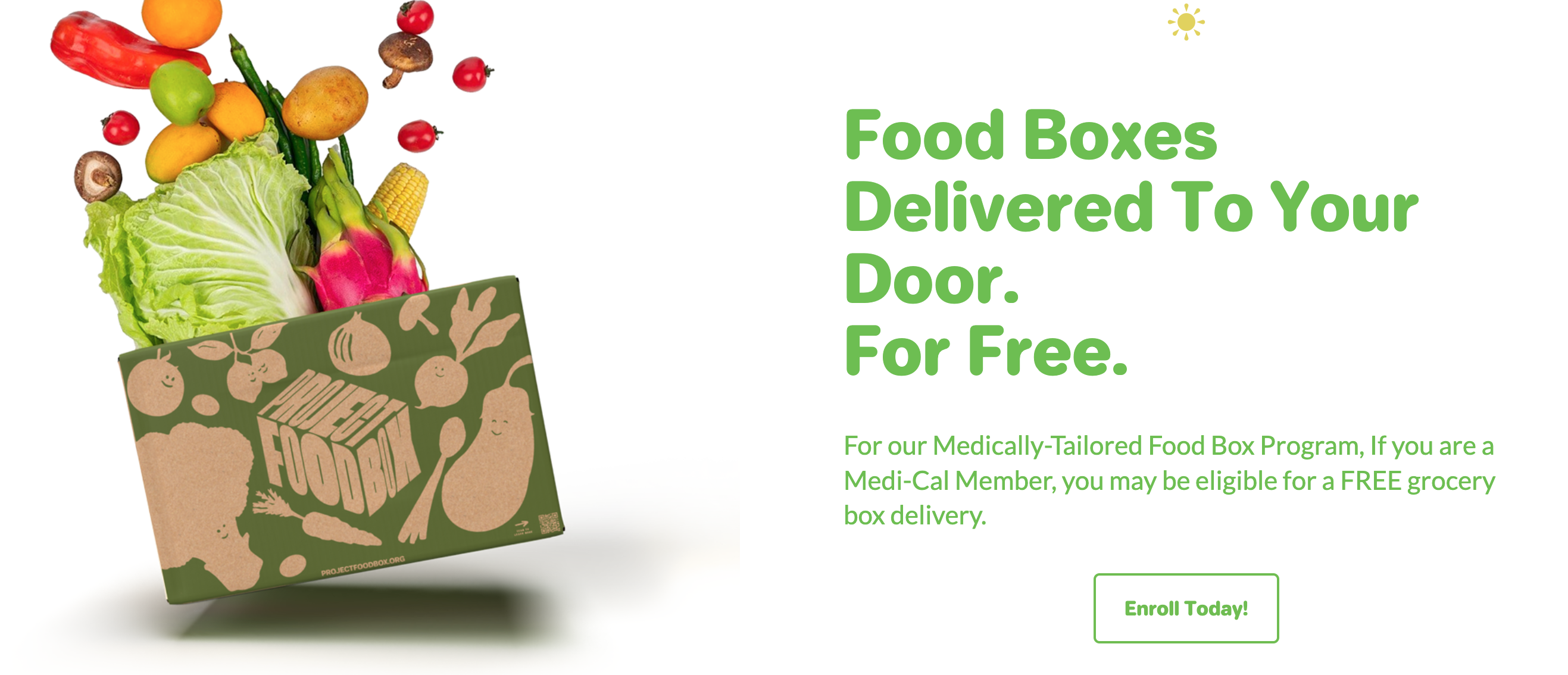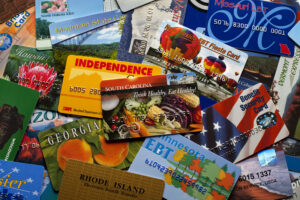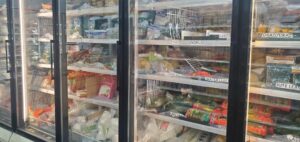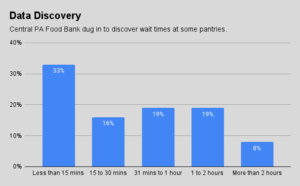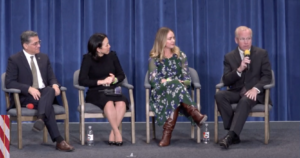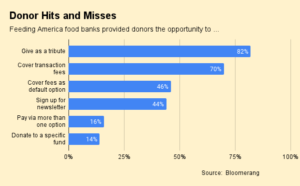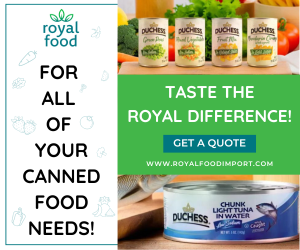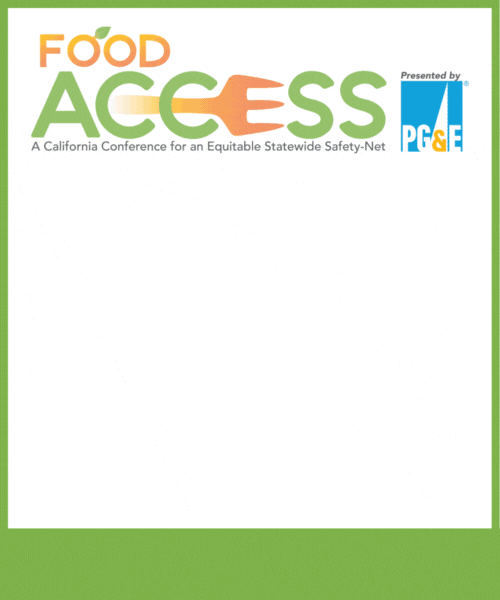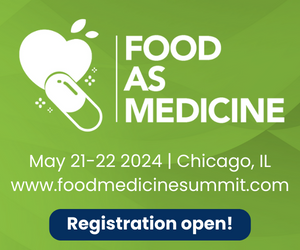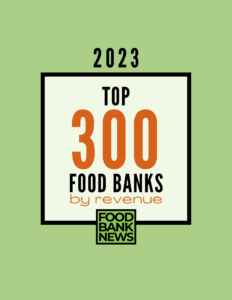Followers of the Food is Medicine movement will know that a growing number of private food box companies are working with insurers to provide their clients with healthy food as a covered benefit (Food Bank News wrote about that here). Steve Brazeel, Founder and CEO of SunTerra Produce, is showing that there is a role for farmers to play in the Food is Medicine movement as well.
The Project Food Box program of SunTerra is an outgrowth of the USDA’s pandemic-era Farmers to Families Food Box program. Reluctant to drop Farmers to Families when Covid funding dried up, SunTerra eased into a new version of it in which it takes advantage of market inefficiencies to direct low-cost produce to food banks. In the most recent iteration of the program, SunTerra also provides medically tailored food boxes to clients of California’s MediCal insurance program.
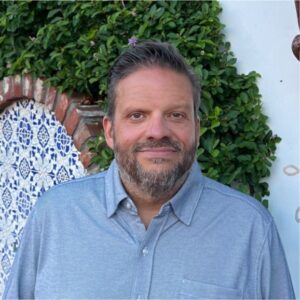
Both efforts serve to prove a point. “It really just shows the resiliency of the fresh fruit and vegetable supply chain, and also how fresh fruit and vegetable producers can participate in this health revolution,” Brazeel said.
On the Project Food Box website, California residents enrolled in Medi-Cal, the state’s Medicaid healthcare program, can fill out a form requesting regular deliveries of medically tailored grocery boxes. They must include their Medi-Cal identification number and list the chronic diseases that afflict them. Via phone, one of the team’s registered dieticians confirms an applicant’s eligibility and learns more about their chronic illnesses, their relationship to food, and any cultural food preferences.
High-quality fresh produce specific to that person’s disease conditions and food preferences is then packed up and sent out via an Amazon type distribution system controlled by SunTerra. “From soil all the way to the doorstep, we control the process,” Brazeel said. “We’re completely vertically integrated.”
Project Food Box’s medically tailored grocery program is still running as a pilot, though Brazeel hopes to expand the program to other states, as Medicaid waivers allowing reimbursements for non-medical interventions like food become more widespread. Brazeel noted the “tremendous amount of work” that goes into developing the technology to support the system, maintaining a strong team of registered dieticians, and managing all the processes around medical billing. “There are challenges to rolling this out at scale,” he said.
Until it began offering healthy groceries to Medi-Cal members, Project Food Box’s main focus was to work mostly with social service organizations like food banks to take advantage of market surpluses to deliver low-cost fresh produce. Since 2020, it has delivered more than five million boxes – nearly 100 million pounds – of produce. Currently, Project Food Box is working with about 25 food banks in California, Nevada and the Pacific Northwest, and last year it was awarded California Association of Food Banks’ Farm to Family Partner of the Year.
Recently, NFL wide receiver Davante Adams of the Las Vegas Raiders promoted Project Food Box in the league’s My Cause My Cleats campaign, with proceeds from the sale of Adams’ game-worn cleats to benefit Three Square Food Bank, Food Bank of Northern Nevada and California Association of Food Banks.
SunTerra continues to operate its legacy business of providing produce to retailers, food service providers, and wholesalers. But, said Brazeel, “The vast majority of my passion and time is spent on the food bank work and Food is Medicine programs.” – C.C.
Like what you’re reading?
Support Food Bank News
This article was made possible by the readers who support Food Bank News, a national, editorially independent, nonprofit media organization. Food Bank News is not funded by any government agencies, nor is it part of a larger association or corporation. Your support helps ensure our continued solutions-oriented coverage of best practices in hunger relief. Thank you!
Connect with Us:
